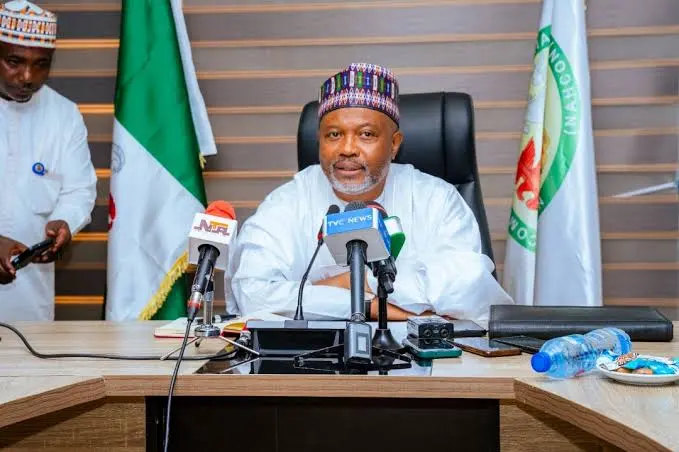
The Chairman of the National Hajj Commission, Jalal Arabi, disclosed that the commission utilized the N90 billion subsidy from the federal government to cover payment gaps for Hajj fares. He shared this information in an interview with DCL Hausa, monitored by PREMIUM TIMES.
In May, the federal government announced a N90 billion subsidy for the 2024 National Hajj operation, a decision criticized by many Nigerians who questioned the rationale behind subsidizing a religious activity when the country struggled to fund basic amenities like schools and hospitals. Vice President Kashim Shettima announced this subsidy during the inauguration of the 2024 National Hajj operation at the Sir Ahmadu Bello International Airport in Birnin Kebbi, Kebbi State’s capital.
Despite the subsidy, some state governors voiced dissatisfaction with NAHCON’s management of the Hajj operations, highlighting issues such as inadequate accommodation in Muna and insufficient Basic Travel Allowance (BTA) for pilgrims from various states. This criticism prompted questions about the commission’s utilization of the funds. Additionally, the House of Representatives formed a committee, chaired by Sada Soli (APC, Katsina), to investigate NAHCON’s performance during the pilgrimage.
In the interview, Mr. Arabi explained that the commission used a significant portion of the N90 billion to cover the increased Hajj fares for pilgrims. “The federal government granted us a N90 billion subsidy, which we carefully utilized to address the unprecedented increase in Hajj costs. The high dollar exchange rate caused the cost per seat to surge above N9 million, necessitating our intervention to mitigate the burden on pilgrims. To address the issue, we convened a meeting with representatives from all states to discuss the matter. We then compiled a list of intending pilgrims who had already paid the approved N8 million. Subsequently, we supplemented the remaining N1.6 million for each of the over 50,000 pilgrims to complete the payment, ensuring that their Hajj journey was not disrupted,” he said.
The N1.6 million supplement for each of the 50,000 pilgrims amounted to N80 billion, leaving about N10 billion from the subsidy. Mr. Arabi stated that the remaining funds were prudently used for other logistics but did not provide a detailed breakdown. He emphasized that the commission exercised careful financial management and remained dedicated to providing high-quality services for pilgrims, ensuring their comfort and well-being.
Mr. Arabi also noted that unlike other commissions in Nigeria, NAHCON does not receive regular subventions from the federal government, except for salary allocations. “Despite not receiving regular subvention from the federal government, either monthly or yearly, apart from salary allocations, the National Hajj Commission of Nigeria strives to deliver exceptional services to all, maximizing its resources to provide the best possible experience. In our first year at the helm, we made concerted efforts to deliver optimal results, acknowledging that we faced some obstacles. Nevertheless, we have drawn valuable insights from our experiences and are committed to building upon our progress.
“The commission has already commenced preparations for next year’s Hajj, and we are confident that our services will be even more efficient and effective, surpassing the expectations of our esteemed pilgrims,” he said.
Mr. Arabi commended the federal government, state governments, and all stakeholders for their support, which contributed to the successful exercise. The National Hajj Commission of Nigeria (NAHCON) concluded the airlift of Nigerian pilgrims from Saudi Arabia on Tuesday, with the final transport of 312 pilgrims from Kwara State. A total of 65,000 Nigerian pilgrims performed the sacred ritual in the holy land, while 40 of them died during the exercise.